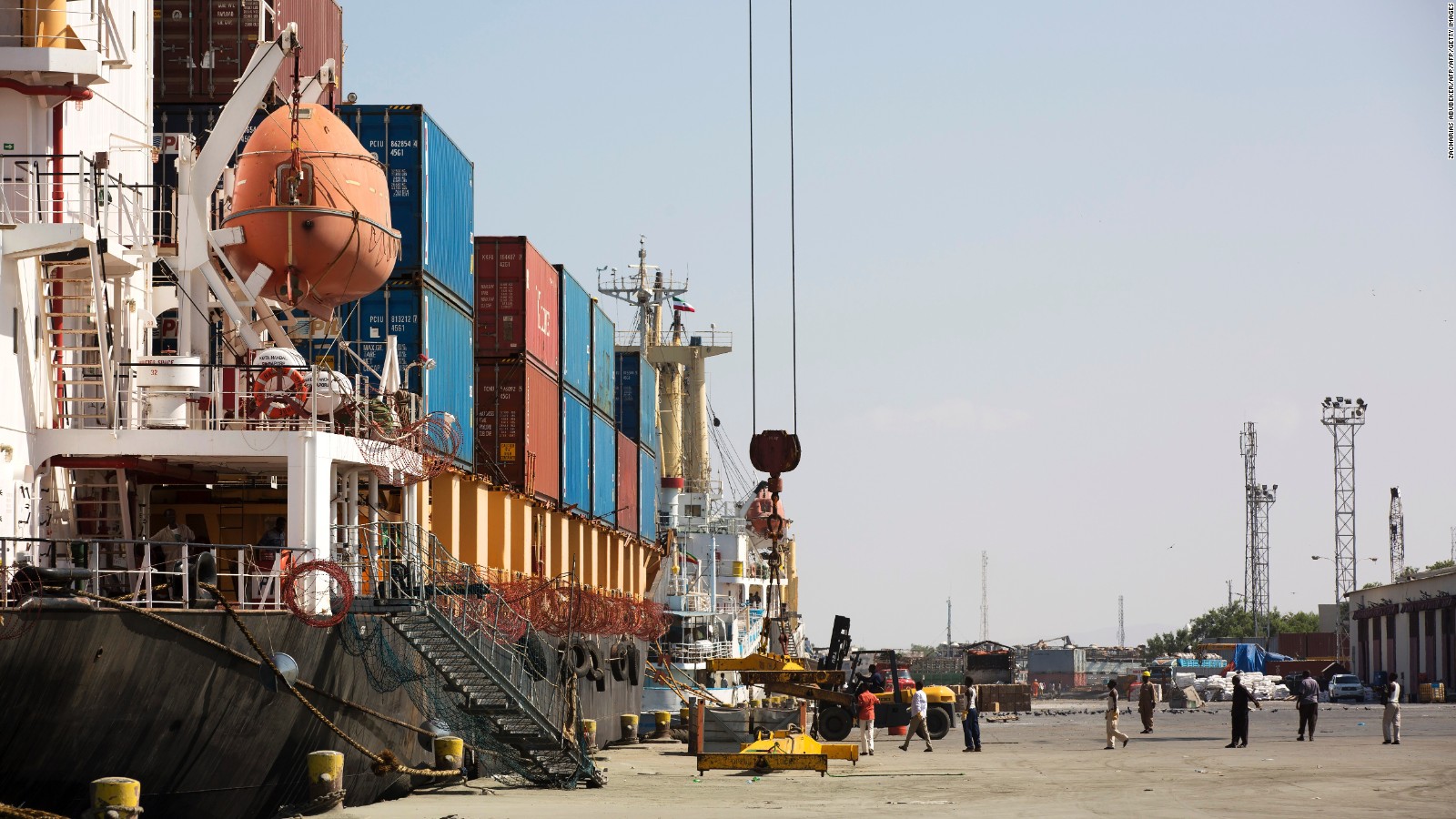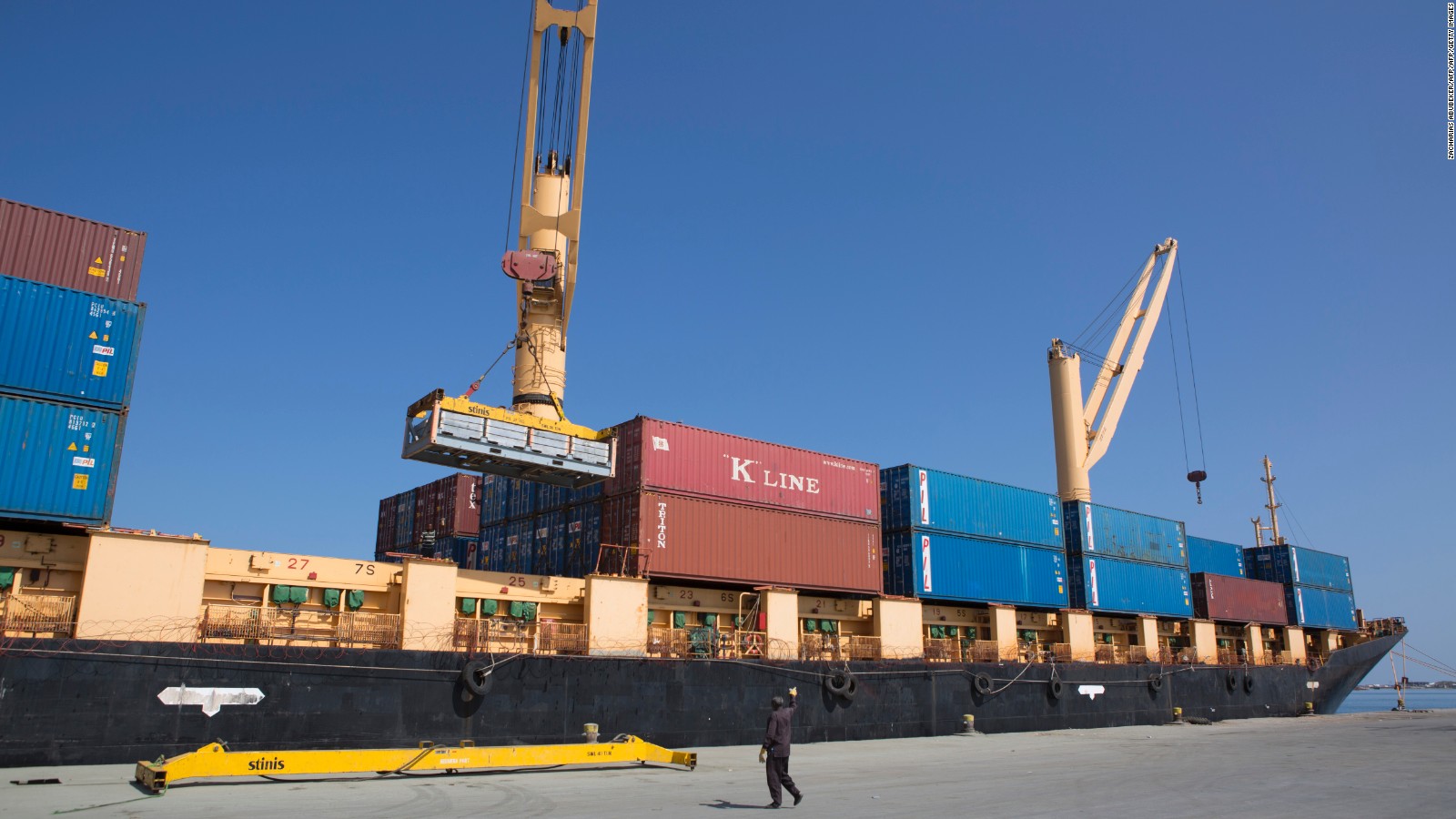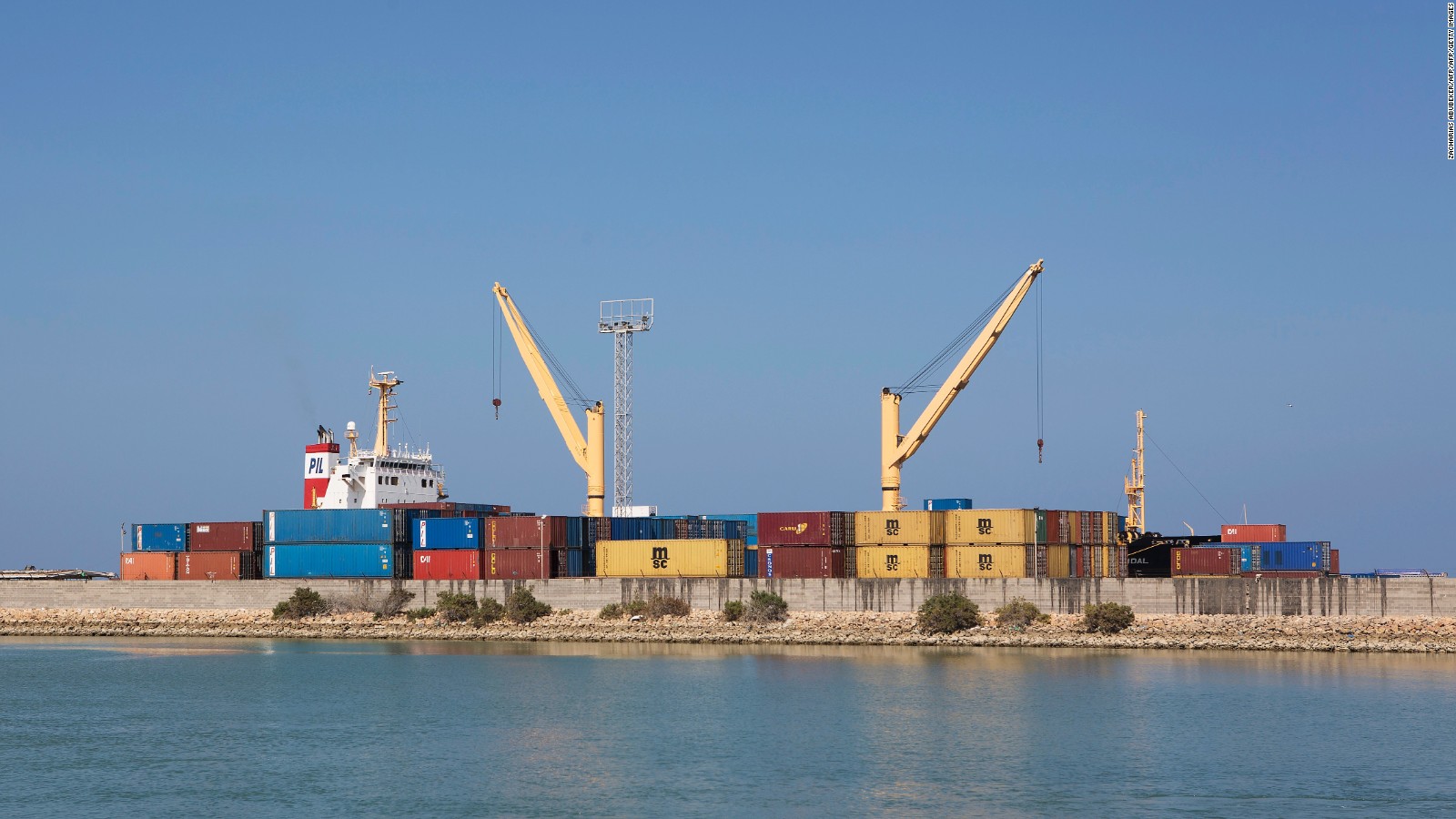Friday, May 2, 2025
Monday, July 16, 2018
Saturday, July 7, 2018
Ethiopia needs $7.5 bln
Ethiopian Prime Minister Abiy Ahmed on Friday said the East African nation needs $7.5 billion to finish infrastructure projects such as a massive dam and roads that the government hopes will drive industrialization.
Speaking to parliament before its vote on the 2018/19 budget, Ahmed said the government needed to be more efficient and prudent in its spending of public funds.
He said many state-owned enterprises were heavily indebted and export earnings were a third of the $10 billion annual target.
Abiy took office in April and has pledged sweeping political and economic reforms.
Reuters
Monday, July 2, 2018
Economics Professor Disproves Double Digit Economic Growth Of Ethiopia
The narratives of double digit economic growth of Ethiopia for over a decade was wrong and obtained as a result of cooked data, according to a high profile economics professor at the Addis Ababa University.
Ethiopia’s economy has not been growing more than 6% or 7% per year, according to Professor Alemayehu, who proved government’s date wrong with his scientific research.
“In my calculation there is no such exaggerated [double digit] growth rate. The official figure is probematic and structural change became illusive (share of manufacturing in GDP, exports etc), ” he said, presenting his paper on Tuesday in Addis Ababa at a forum organized by the Addis Ababa Chamber of Commerce and Sectoral Association.
“Where did that 11% GDP came from? It should be either from capital accumulation, or from labor, or it is coming from efficiency or technology. When we look at the case of Ethiopia the government data says, capital is around 2.2%; labor is also around 2% and around 7% has come from efficiency and technology. But as we all know for the past 3,000 years we are farming using oxen,” Professor Alemayehu said, making the audience laugh and implicating that the government has been cooking those numbers.
“Where did that 11% GDP came from? It should be either from capital accumulation, or from labor, or it is coming from efficiency or technology. When we look at the case of Ethiopia the government data says, capital is around 2.2%; labor is also around 2% and around 7% has come from efficiency and technology. But as we all know for the past 3,000 years we are farming using oxen,” Professor Alemayehu said, making the audience laugh and implicating that the government has been cooking those numbers.
“So that figure has problems. If we look the efficiency of other countries OECD countries, their efficacy is around 2.2% when they are rowing fast. When the economic growth in East Asia was growing at fastest rate, the efficiency was around 2.2%. For instance, China when it was growing at the fastest rate, the efficacy was around 4%. Before the Ethiopian economy data was manipulated, the research I have done shows that our efficiency was only 1%,” he said. So when we add up the three [capital, labor and efficiency] the GDP growth we get is half of what the government has been claiming.
The so called double digit economic growth of Ethiopia has manifested itself by its major results – poverty and unemployment, according to the professor. He research shows that some 60% to 70% of the Ethiopian population is currently living below poverty line while the government data indicates that it is only 23%.
“This also confirms that the growth was not inclusive. When we look to the unemployment youth, the government data says it is around 25%. But 40% is under employment. Government says the informal sector is 20% but it is 40%. In addition 60% to 70% of employed are working poor [earning less than 1.95 per day] population, according to my calculation,” he said.
The high profile economists in Ethiopia have reflected at the panel that aims to get independent professionals views on the current challenges the economy of Ethiopia is facing and the potential opportunities.
The panelists reflected their views on how to rescue the economy from collapsing by quickly solving the multiple traps the country has fallen into as a result of loan and aid driven economic growth the country has been bragging about for over a decade.
Currently Ethiopian economy is struggling with foreign currency shortage, widening trade deficit, high unemployment, poverty and inflation, growing inequality, liquidity problem and corruption.
Professor Alemayehu listed top five socio economic challenges of the country:
1. Non-Inclusive Growth: Unemployment and Poverty
2. Inequality, and Conflict/Politics
3. Macroeconomic miss management
4. Corruption and Conflict/Politics
5. Education Quality, State Capacity and Lack of Professionalism
1. Non-Inclusive Growth: Unemployment and Poverty
2. Inequality, and Conflict/Politics
3. Macroeconomic miss management
4. Corruption and Conflict/Politics
5. Education Quality, State Capacity and Lack of Professionalism
When added all together the challenges will lead to conflicts as seen in many fragile states in Africa, according to professor Alemayehu, who advised the need for exercising professionalism to fix the economy and independence of professionals from politicians influence.
Wednesday, August 2, 2017
Somaliland's $442m record investment deal - CNN.com
By Chris Giles, CNN
Updated 1321 GMT (2121 HKT) August 1, 2017

Loading a cargo ship in the Port of Berbera in Somaliland, which is about to receive a major overhaul.
Story highlights
- Somaliland to receive record foreign investment of $442 million
- Semi-autonomous region aspires to statehood
- Berbera port development will boost international standing
(CNN)The unrecognized nation of Somaliland, a semi-autonomous region of Somalia, has secured its largest ever foreign investment deal.
Dubai-based development firm DP World will pump $442 million into transforming the country's Berbera Port on the Gulf of Aden, with the ambition of creating a regional trade hub.
DP World has committed to managing the port for 30 years. The company plans to develop an ambitious new shipyard, quay, and free trade zone on the site.
The Somaliland government hopes the development will enable it to rival neighboring Djibouti as a point of entry for East African trade, and the project could also prove a much-needed economic boost.

Somaliland hopes to rival neighboring Djibouti as a regional trade hub.
State-in-waiting
Somaliland declared independence in 1991, breaking away from war-torn Somalia.
But despite maintaining relative stability and holding free elections, not a single country has recognized its statehood. The international community has prioritized the development of Somalia as a united country.
The deal with DP World represents a major coup for Somaliland as it demonstrates the country's clout on the world stage.
The investment is timely. Somaliland is blighted by youth unemployment of over 60%, and its worst drought in years has affected 1.5 million people - over 30% of the population.
The development divides opinion among the local population.
Jama Jusse Jama, the director of the Red Sea Cultural Association in Somaliland's capital Hargeisa, believes the project will create opportunities.
"Berbera Port is extremely fundamental for Somaliland," he told CNN. "(This investment) will boost the connection with the rest of Africa, especially Ethiopia. It's too early to say it's all positive, but I am confident it's a step forward."
But there are fears that land around the site will be bought up by wealthy businessmen at the expense of the wider population.
"The makeup of Berbera will definitely change," Mohamed Aden Hassan, head of local news channel StarTV, told Reuters. "It is already showing signs of becoming an increasingly exclusive club."

The port development could improve Somaliland's international standing.
Strategic location
DP World's interest in this little-known fishing town is largely explained by its location, sitting conveniently at the apex of trade routes in the Red Sea, the Gulf of Aden and East Africa.
"The Horn of Africa is a fast growing region with some of the fastest growing economies in the world," says DP World CEO Sultan Ahmed Bin Sulayem. "DP World Berbera builds on growth in the region where we are enabling trade."
The location also offers opportunities to landlocked Ethiopia, which is heavily reliant on neighboring Djibouti, with 90% of trade passing through the tiny state.
Ethiopia currently imports limited quantities of food through Berbera, but the imminent development will allow it to vastly scale up traffic through the port.
The Somaliland government claims it has an agreement for Ethiopia to take a 19% share of the port, which should deliver mutual benefits.
"Ethiopia having access to the sea is a major deal for Somaliland, and Ethiopia," says Laura Hammond, an East Africa specialist at the School of Oriental and African Studies (SOAS) in London.
"Ethiopia has already built a road up to the border with Somaliland basically advertizing the fact that they're waiting to do business."
For its part, Somaliland will gain a powerful partner and ally. Ethiopia is one of the most dynamic economies in Africa, the host nation of the African Union, and a key driver of international diplomacy.
After two decades in the economic and political wilderness, the unrecognized state may finally be establishing itself on the world stage.
Subscribe to:
Comments (Atom)
